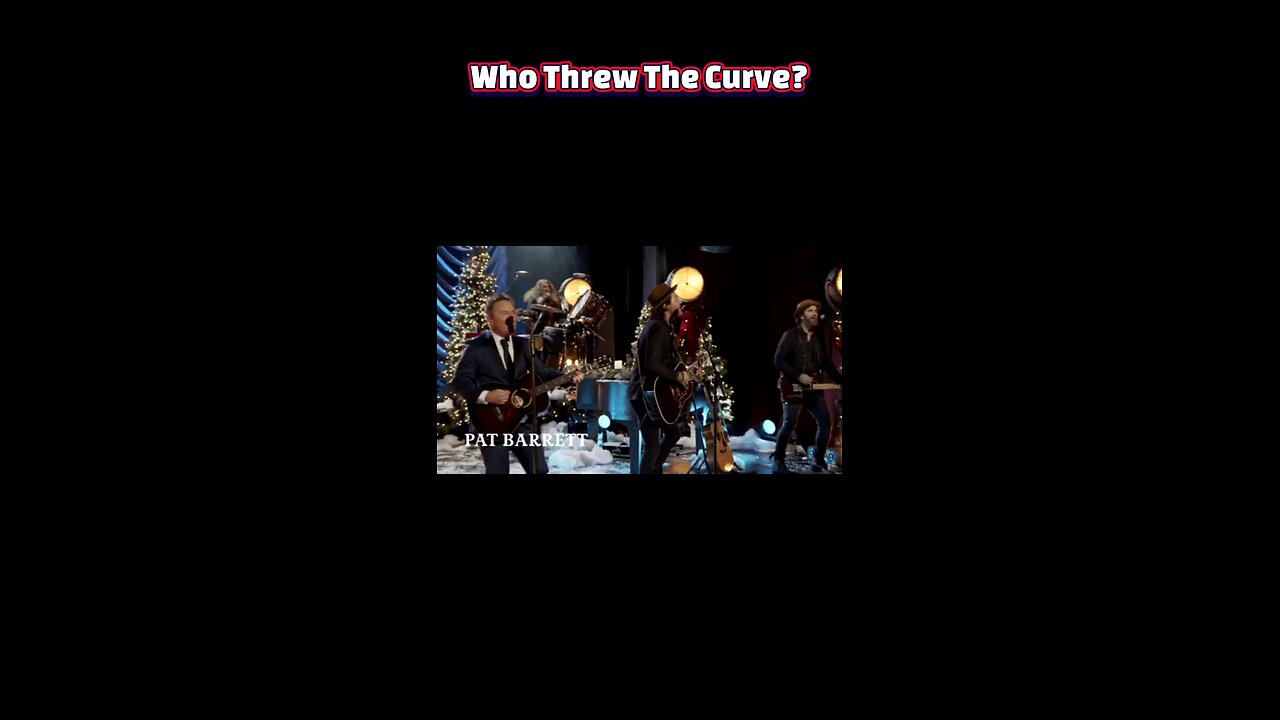Premium Only Content

The Dark Choir: Inside Christian Music’s Corruption
#ChristianMusicExposed #MusicIndustrySecrets #WorshipForProfit #BehindTheSongs #FaithVsMoney #DarkSideOfWorship #IndustryExposé #MusicBusiness #ChristianityUnmasked #ArtOrCommerce #christianity #newvideo #new #fyp
The Christian music industry often bills itself as a pure conduit for faith, hope, and worship. Yet behind the soaring choruses and polished stage lights lies a landscape driven by profit margins, brand management, and fierce competition. What began as a grassroots movement of church choirs and heartfelt hymns has morphed into a multi-billion-dollar entertainment complex. This video peels back the veneer of sanctimony to expose the disturbing underbelly of an industry where sacred messages are too often commodified.
At the heart of the problem is commercialization. Major labels treat Christian artists no differently than pop stars, they’re commodities whose value is measured in streaming counts, ticket sales, and social-media engagement. Songwriters and worship leaders are pressured to churn out formulaic hooks that fit neatly into radio rotations and playlist algorithms. Authentic theology gives way to generic, feel-good lyrics crafted by committees who know exactly how many choruses or bridge drops will maximize listener retention.
Exploitation runs rampant behind the scenes. Young musicians, often fresh out of church youth ministries, sign long-term contracts that lock them into restrictive creative and financial terms. Labels control everything from image to touring schedules, squeezing artists until they break. Mental-health struggles spike as artists juggle 100-city tours, sponsorship obligations, and the expectation that they remain unwaveringly “on mission.” When an act falters, they’re easily replaced by the next hopeful singer with a worship-service following.
Ethical corners are cut in pursuit of success. Ghostwriters who pen chart-topping worship anthems rarely receive credit, and payola-style practices, secret payments to guarantee radio spins, have surfaced repeatedly. Producers and executives engineer “testimonies” of miraculous breakthroughs to juice publicity, blurring the line between genuine faith experiences and marketing ploys. Nepotism and insider deals ensure that a select few families and networks control the lion’s share of radio airplay, festival lineups, and award nominations.
If the Christian music business is to reconcile its mission with its methods, transparency and accountability are essential. Independent labels, faith-based collectives, and savvy fans can push back against exploitative contracts and opaque promotions. Artists themselves must reclaim creative ownership and prioritize authenticity over chart positions. Only by demanding ethical standards comparable to those in the secular industry can the Christian music scene restore its integrity, and make worship more than a product on the shelf.
-
 1:55:29
1:55:29
Redacted News
2 hours agoCharlie Kirk's Text Messages CONFIRMED ACCURATE by TPUSA, Days Before Assassination | Redacted News
119K90 -
 1:02:11
1:02:11
DeVory Darkins
2 hours ago $5.07 earnedDemocrats suffers ANNIHILATION during heated hearing with Bondi as Jack Smith bombshell drops
20.7K32 -
 40:59
40:59
Dad Saves America
23 hours ago $1.08 earnedThe Radical Left’s True Romance: Revolution & Chaos
15.6K11 -
 1:07:42
1:07:42
vivafrei
5 hours agoJack Smith SPIED on GOP Lawmakers? Ottawa Trucker Protest Organizers SENTENCED! & MORE!
116K49 -
 LIVE
LIVE
LFA TV
20 hours agoLIVE & BREAKING NEWS! | TUESDAY 10/7/25
1,014 watching -
 2:00:50
2:00:50
The Quartering
4 hours agoPam Bondi GRILLED, CIA Coverup, DEI Backfire & Taylor Swift Cancelled!
129K50 -
 1:25:13
1:25:13
Awaken With JP
5 hours agoKirk Conspiracies Heat Up, Netflix Castrates Itself, and More!
60.6K54 -
 LIVE
LIVE
freecastle
6 hours agoTAKE UP YOUR CROSS- Press on toward the goal to win the prize for which GOD has called You!
92 watching -
![[Ep 764] Jack Smith For Prison | Pritzker Says Ice Lies, Sides w/ Criminals | Guest Sam Anthony](https://1a-1791.com/video/fwe2/d2/s8/1/6/2/N/o/62Noz.0kob-small-Ep-764-Jack-Smith-For-Priso.jpg) LIVE
LIVE
The Nunn Report - w/ Dan Nunn
3 hours ago[Ep 764] Jack Smith For Prison | Pritzker Says Ice Lies, Sides w/ Criminals | Guest Sam Anthony
72 watching -
 1:48:42
1:48:42
Steven Crowder
9 hours agoDid You Vote for This: Why The Podcast Bros are Turning on Trump
524K625
